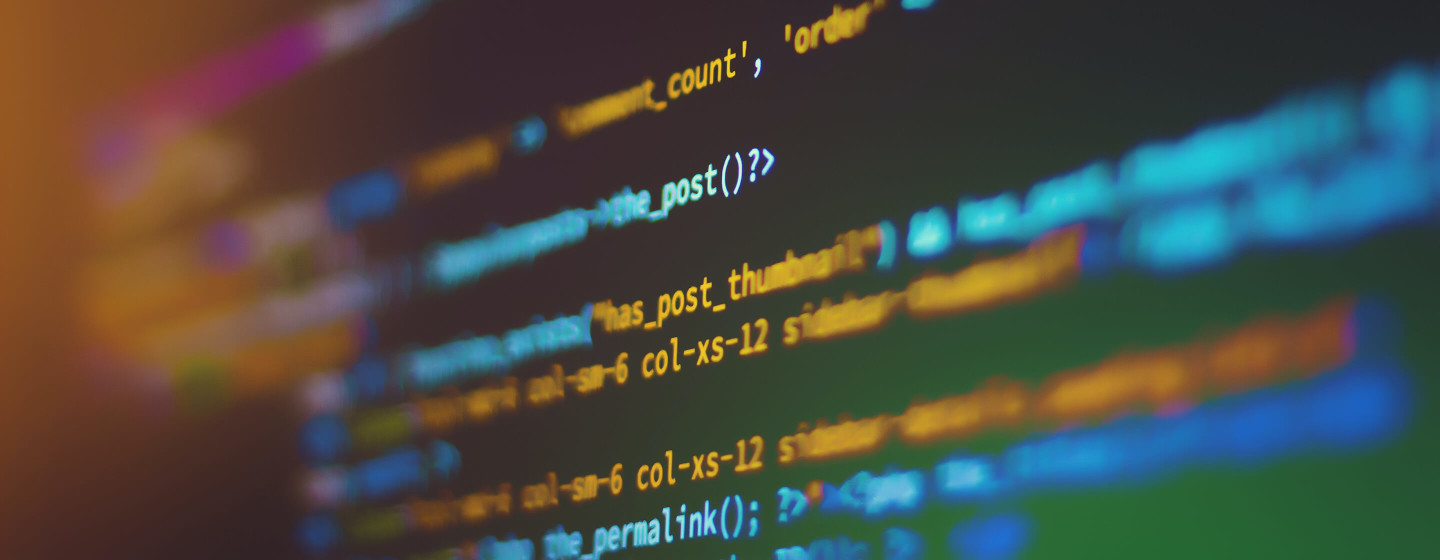
Computer Science A Level
Curriculum Intent
Our mission is to ensure students gain a broad range of digital skills to prepare them for the ever evolving digital world.
Why should I study Computer Science
Computer Science is playing a rapidly-increasing role in finding solutions to real-world problems, particularly where large amounts of information are involved.
A Level Computer Science divides learning into three sections: Computer Fundamentals, Programming Techniques and Logical Methods, and a Programming Project. A natural progression from GCSE Computer Science, it provides the perfect springboard for students looking at specialising in a computing-based career.
You will study a range of theory topics including hardware, software, networks, system development life cycles, the legal framework and moral implications of computer use. You will also study the principles of designing algorithms and programming solutions.
Through the design, development and testing of a programming solution to a problem you will have the opportunity to apply your learning creatively, innovatively, analytically, logically and critically.
What will I study?
The course is intended to give you the scope to develop your interest in different aspects of computer science. The course is split into 3 Parts:
Content of Computer systems
1.1 The characteristics of contemporary processors, input, output and storage devices
1.2 Software and software development
1.3 Exchanging data
1.4 Data types, data structures and algorithms
1.5 Legal, moral, cultural and ethical issues
Content of Algorithms and programming
2.1 Elements of computational thinking
2.2 Problem solving and programming
2.3 Algorithms
Content of non exam assessment Programming project
3.1. Analysis of the problem (10 marks)
3.2 Design of the solution (15 marks)
3.3 Developing the solution (25 marks)
3.4 Evaluation (20 marks)
Entry requirements
- 5 GCSE or equivalents at grade 4 or above, including English and/or maths
- GCSE Maths Grade 6
- GCSE Computer Science Grade 6
